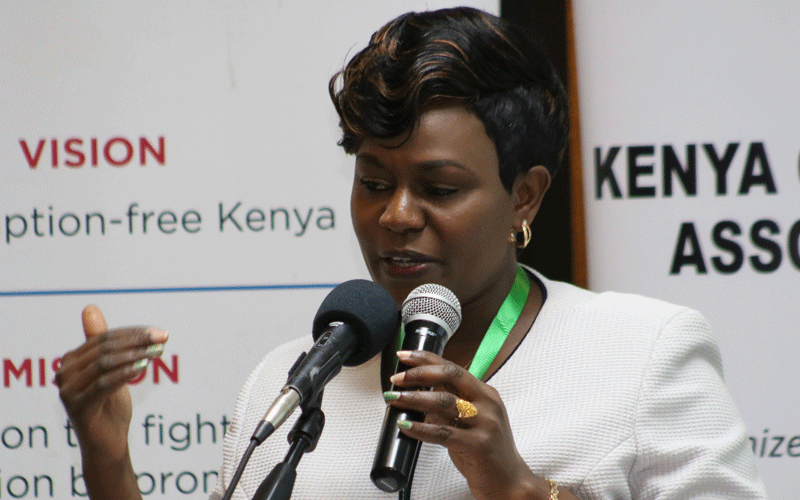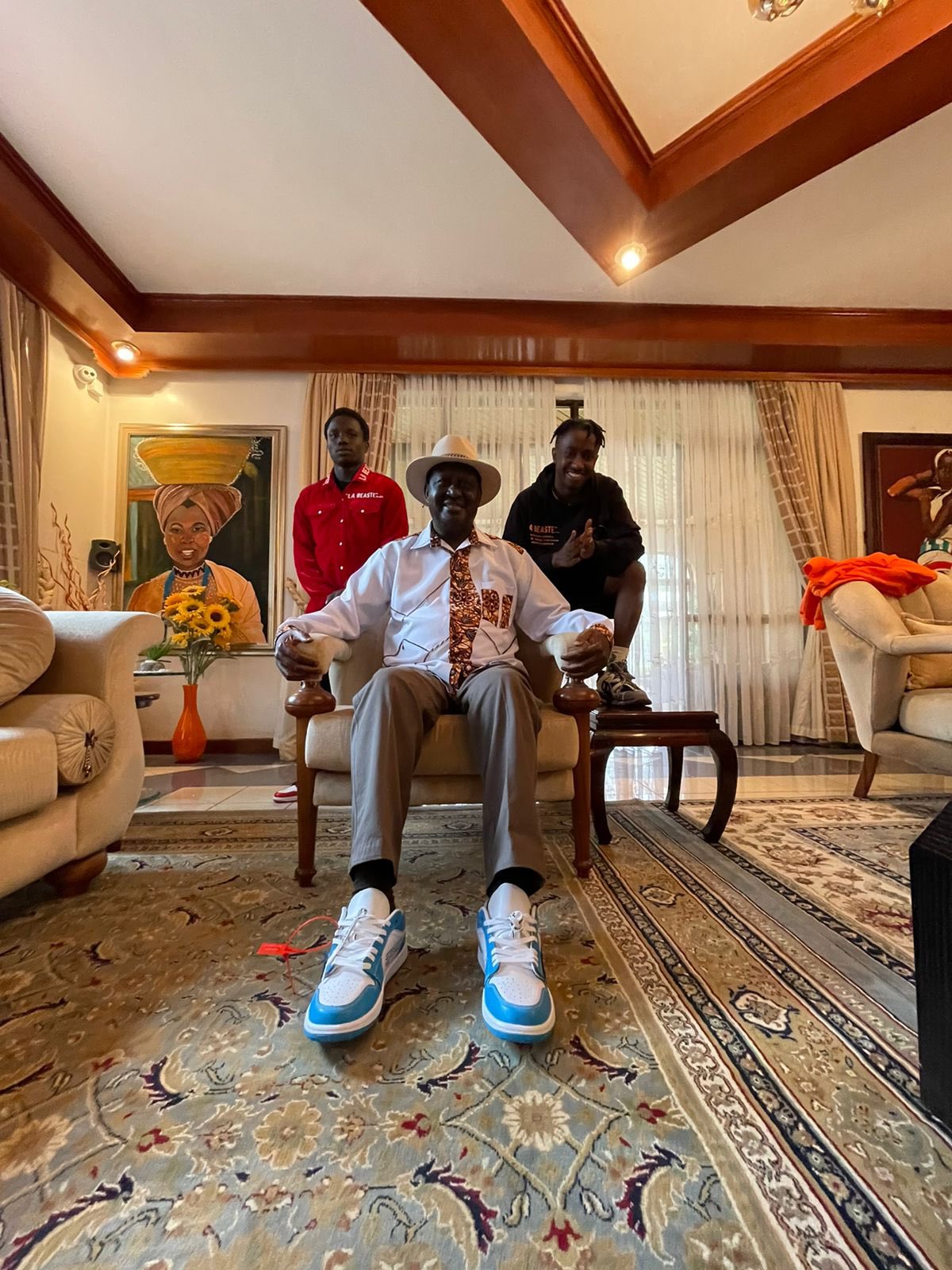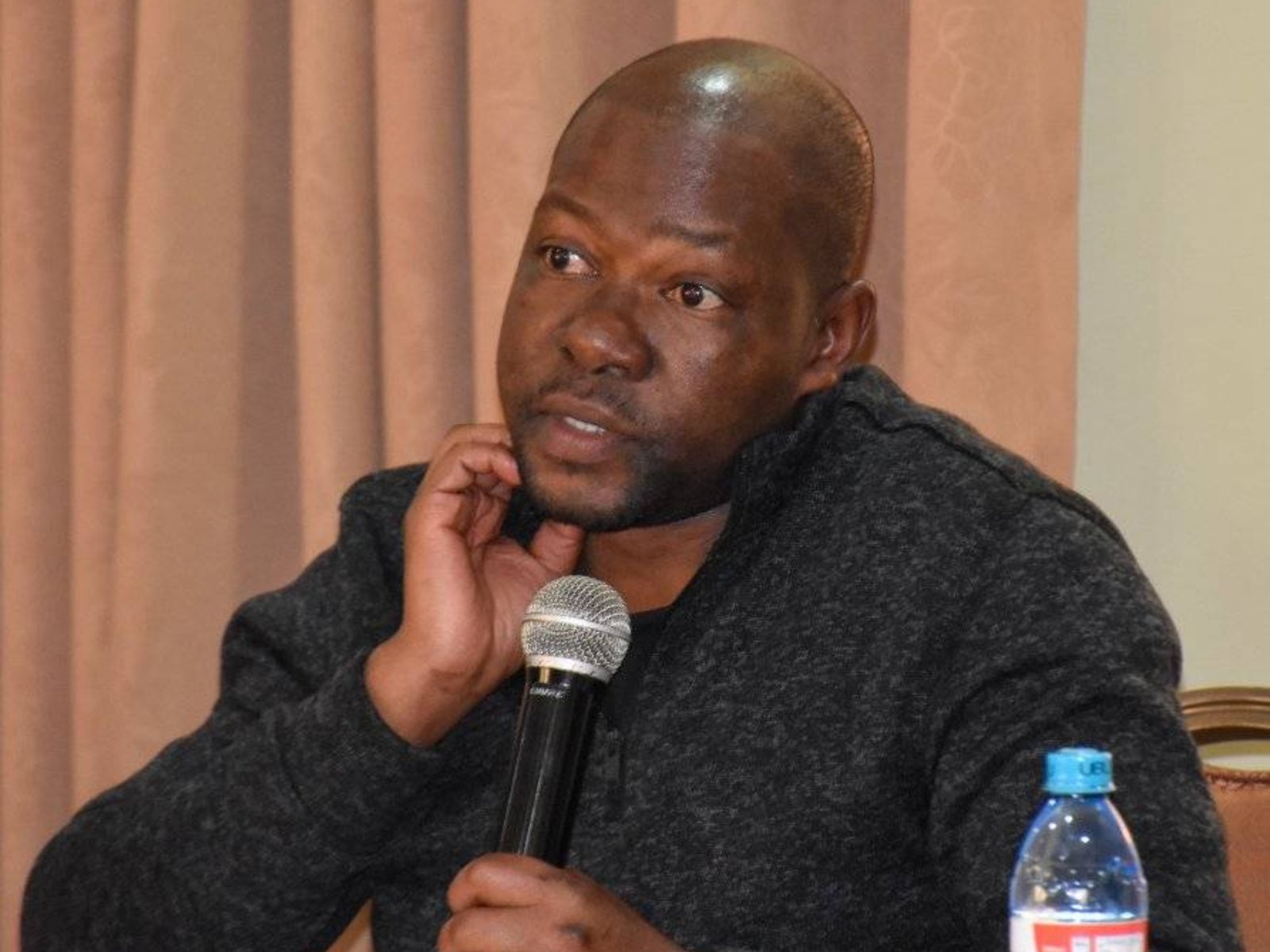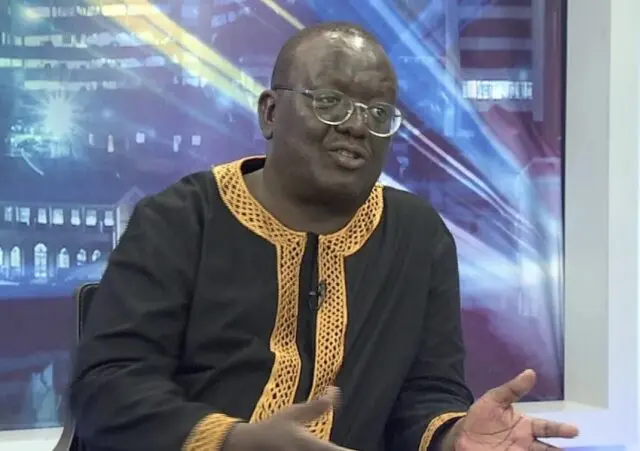Two-thirds gender rule remains hard nut to crack after four flops

MERCY MWAI @wangumarci
As the country marks a decade of the 2010 Constitution, the push to end gender inequality and have equal representation in elective positions for women remains unresolved.
Although the Constitution established a framework to address gender inequality, a lot remains to be done to make the legal structure a reality, especially in the realisation of the two-thirds gender rule in Parliament.
But despite representation of women in Parliament remaining minimal, the lowest in East Africa, there have been significant gains as more women have taken up key positions that were perceived to be a preserve of men.
Unlike in the 2013 General Election, the 2017 polls will go down in the country’s history as where women were elected tfor the first time to serve as governors and senators with another 29 per cent more running for office, a move that led to the largest number of women taking up positions in government.
Currently women hold 172 of the 1,883 elective positions in Kenya, up from 145 after the 2013 elections.
Additionally, the passage of the 2010 Constitution saw creation of 47 Woman Rep seats as well as giving an opportunity for women to contest in the single member seats, a move that saw 23 of them elected.
The National Assembly currently has 75 women — 22 elected from the 290 constituencies; six nominated from the 12 nomination slots; and 47 elected as Woman Reps.
National Gender and Equality Commission boss Pricilla Nyokabi says that although Kenya lags behind her neighbours in the East Africa region in terms of women representation, a lot of gains have been made.
“We are at 25 per cent. We have achieved some progress even though we are yet to achieve the two thirds gender rule.
We now have the 47 Woman Reps as well as women governors and senators,” she said.
Nyokabi, a former Nyeri County Woman Rep, said that despite these gains, the commission hopes to use the current debate on the Building Bridges Initiative to ensure a clear framework on the entities that should implement the two thirds gender rule, and not leave it open to the State as is currently the case.
A former member of the Committee of Experts that put together the 2010 document, Bob Mkangi, says it is disappointing that Parliament is yet to ensure full realisation of the Constitution.
Mkangi, a constitutional lawyer, says that although the gender rule implementation has not been forthcoming, the country should explore other ways of dealing with the issue other than let it go.
According to him, options available include petitioning Chief Justice David Maraga to call for dissolution of Parliament as it is currently unconstitutional as well as dealing with the social and cultural issues that have made it difficult for society to embrace the concept.
“It is disappointing that 10 years later, we have not achieved this principle yet our neighbours that were behind us in some issues, have already adopted this,” he notes.
Njoro Member of Parliament Charity Kathambi, exuded confidence that the House would eventually enact the two thirds gender rule and allow more women to join leadership positions.
“On my part, giving up is not an option, we were regrouping with women’s organisations to see how the same can be achieved, but the coronavirus pandemic has put us on hold though we hope to rally good numbers in Parliament,” says Kathambi.
Being a woman parliamentarian in Njoro constituency which is viewed as male-dominated area, Kathambi says one has to have a thick skin to come out victorious.
And although various leaders have maintained they would push for realisation of the rule, the road to legislating the initiative has been rough as Parliament has failed to enact it on four different occasions — three attempts by the National Assembly and one by the Senate.
The MPs rejected attempts to pass the Bill that would have seen achievement of gender principle within the first year after promulgation of the Constitution.
The most recent push was in 2019 during debate on the Constitution of Kenya (Amendment) Bill 2018 but was defeated due to lack of quorum after only 174 out of the 233 MPs required to vote turned up at the National Assembly.
Failure to pass the Bill followed postponement of the vote on the same Bill in 2018 by then Leader of Majority Aden Duale, due to lack of quorum.
A similar attempt to have the Bill passed in November 2016 failed after it faced a similar quorum hitch in the House.
An attempt by the Senate in February 2017 through a Bill sponsored by the then Nominated Senator Judith Sijeny failed because the House could not get 45 members to vote for it.














